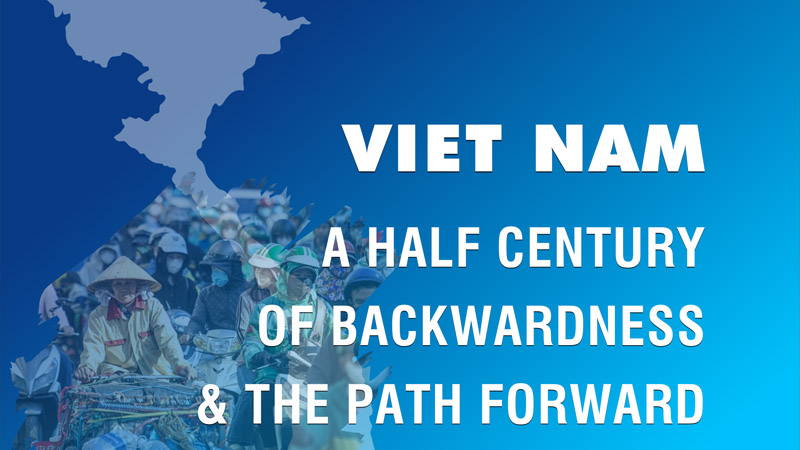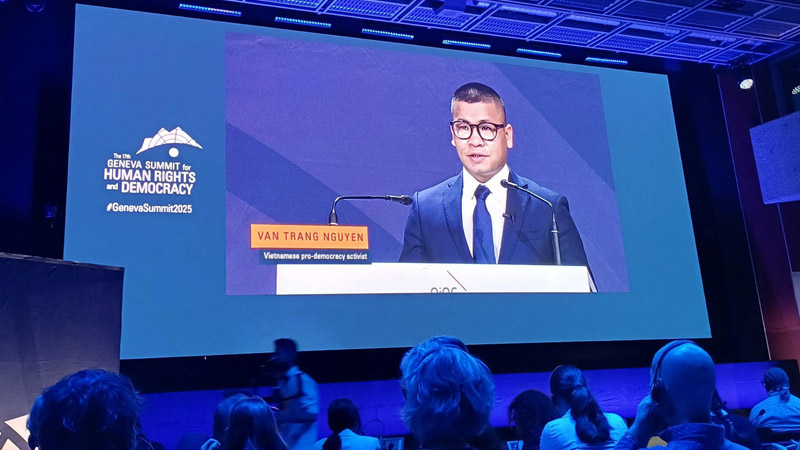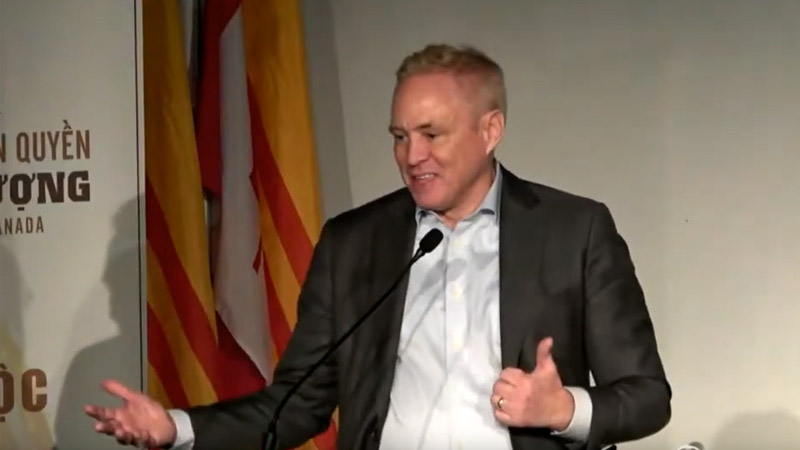November 15, 2008

HANOI – COMMUNIST Vietnam’s legislature on Saturday put the brakes on a trial plan to allow direct local elections next year, in a last-minute change before closing its autumn session.
The National Assembly instead voted to extend by two years until 2011 the terms of commune and district leaders who were indirectly elected in a process vetted by the Communist Party, a legislator and media reports said.
The original pilot plan, which had been discussed by legislators and outlined in a detailed assembly paper, would have mirrored the village-level elections introduced by neighbouring China 20 years ago.
The original proposal would have seen an April 25 vote next year in which citizens in 385 communes nationwide would have directly elected their people’s committee chairperson, a post akin to town mayor.
However, in a last-minute change early on Saturday, lawmakers approved other local government reforms, but scrapped the pilot plan for direct elections at the grassroots level of the Vietnamese political system.
Mr Uong Chu Luu, the assembly’s deputy chairman, said the introduction of direct elections and ’the development of direct democracy at the base should be introduced prudently, with appropriate steps’.
With debate finished on the topic, the assembly closed its session.
Vietnam’s Communist Party keeps a tight grip on all political activity, both through cells in schools and workplaces and through the Fatherland Front, an umbrella group for mass organisations such as farmers’ and youth unions.
Decision making in Vietnam has long been top-down, with missives spread through loudspeakers and mass mobilisation campaigns that inform people about party edicts on everything from new farm techniques to family planning.
The new pilot project had been proposed a decade after the ruling party issued its so-called Grassroots Democracy decree, which outlined ways to expand citizens’ participation, oversight and transparency in local government.
That decree – summed up by the party slogan ’people know, people discuss, people do, people supervise’ – was meant to help defuse local grievances following outbreaks of rural unrest in northern Thai Binh province in 1997.
In recent years, amid Vietnam’s rapid industrialisation, the number of land disputes has risen in rural areas, with farmers commonly accusing local officials of corruption and taking their land without adequate compensation. — AFP
http://www.straitstimes.com/Breaking%2BNews/SE%2BAsia/Story/STIStory_302684.html





